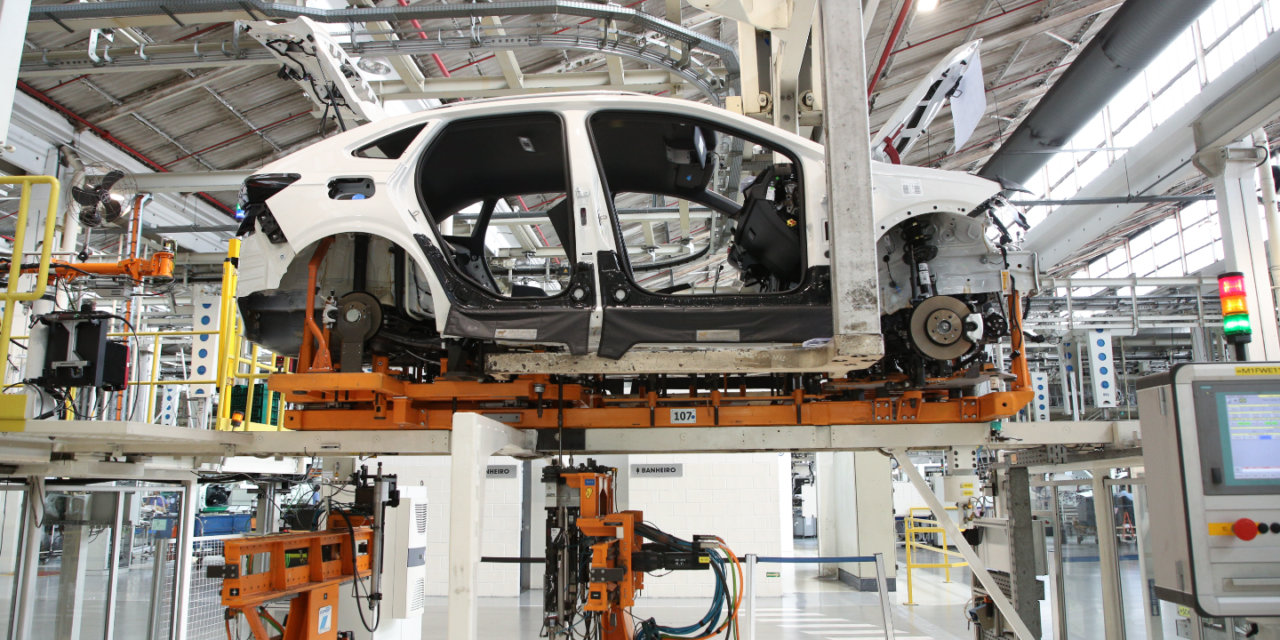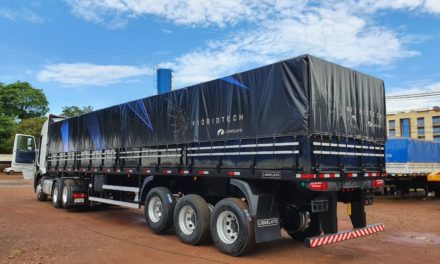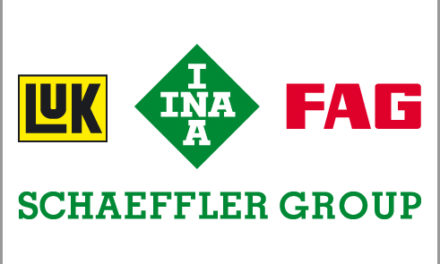By Alzira Rodrigues | 6/27/23 | Translated by Jorge Meditsch
Volkswagen announced it would stop three plants at the end of this month and in July. The company alleges the lack of sales to rentals, which suspended purchases expecting lower retail prices that did not happen.
In São José dos Pinhais, PR, where the T-Cross is produced, one shift is already stopped since June 5, and the measure should endure from 2 to 5 months. The other production shift is paralyzed all this week, with the time off to be compensated.
The production also stopped for all this week in Taubaté, SP, where the Polo Track and Polo are manufactured. The two working shifts at the plant were suspended, and the days off will be compensated.
The two working shifts of the Anchieta plant in São Bernardo do Campo, SP, where the Virtus, Polo, Nivus and Saveiro are made, will enter ten-day collective vacations from July 10.
“All these flexibilization tools are previewed by the collective agreement between the unions and Volkswagen’s collaborators”, says the manufacturer’s official note, attributing the measures to the market stagnation.
Last Wednesday, 6/21, the company president for South America, Alexander Steiz, anticipated the risk of plant stoppage due to the lack of previsibility caused by government measures.
He said that after 6/6, when the government’s sales incentive plan began with discounts from R$ 2 thousand to R$ 8 thousand for personal consumers, there was a 38% increase in the brand’s sales for this public.
Nonetheless, sales for legal persons fell by 35%, “which impeded an effective reaction by the market, which should end June with a fall compared to May”, explained Steiz.
The rental companies stopped buying, waiting for the liberation of the discounts for legal persons that should have happened on 6/21 but was postponed for 15 days. Therefore, according to Steiz, the market is in turmoil, which is causing consequences in the production area.
- Brasil terá mais 25 híbridos-flex até 2027, revela a Bosch - 24 de abril de 2025
- Bosch vai expandir rede de oficinas de leves no Brasil em 60% - 24 de abril de 2025
- Cummins perde R$ 220 milhões/ano por causa de peças falsificadas - 23 de abril de 2025










